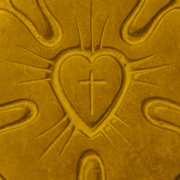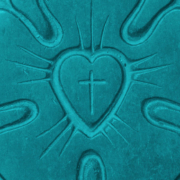What is a Lutheran?
Lutherans get their name from Martin Luther, a man born in Germany in 1483. Luther was baptized and grew up as a member of the Catholic church. His leaders in the church gave Luther an assignment. He was to study and teach the Bible.
The Bible showed Luther that the church was not teaching God’s pure truth. The church was not teaching the Bible’s answer to this life-and-death question: How can I know that God loves me and forgives my sins?
Luther taught God’s answer to this question as he learned it from the Bible. As a result, he was put out of the Catholic church. Those who believed and confessed as Luther did were called “Lutherans” by their enemies. Christians who accept and teach what “Lutherans” taught call themselves “Lutheran” today. Some “Lutherans” no longer accept everything that Luther taught but still call themselves “Lutherans.”
How can I know that God loves me and forgives my sins?
The main topic Luther found in the Bible is Jesus Christ. Jesus is the eternal Son of God. He is also the sinless son of the virgin Mary. Jesus lived a perfect life. He earned God’s love for the whole human race—for you, too. Jesus died a criminal’s death, nailed to a cross. He bore the whole punishment for the sins of the whole human race—for your sins, too. Jesus came out of the grave on the third day after he was crucified. He proved he’s God’s Son, the living Savior of the world—your Savior, too. He invites everyone to trust him.
Lutherans confess, as Luther did: we are saved by God’s grace alone. Forgiveness and eternal life are entirely a gift of God’s grace—or, undeserved love—earned by Jesus. We are saved through faith alone, not by anything we do. Faith—trusting Jesus—is God’s free gift, too. How can we know all this is true? From the Bible, God’s word; alone, not on the authority of any church or human teacher.
The gift of God is eternal life in Christ Jesus our Lord (Romans 6:23). For it is by grace you have been saved, through faith—and this not from yourselves, it is the gift of God—not by works, so that no one can boast (Ephesians 2:8-9).










